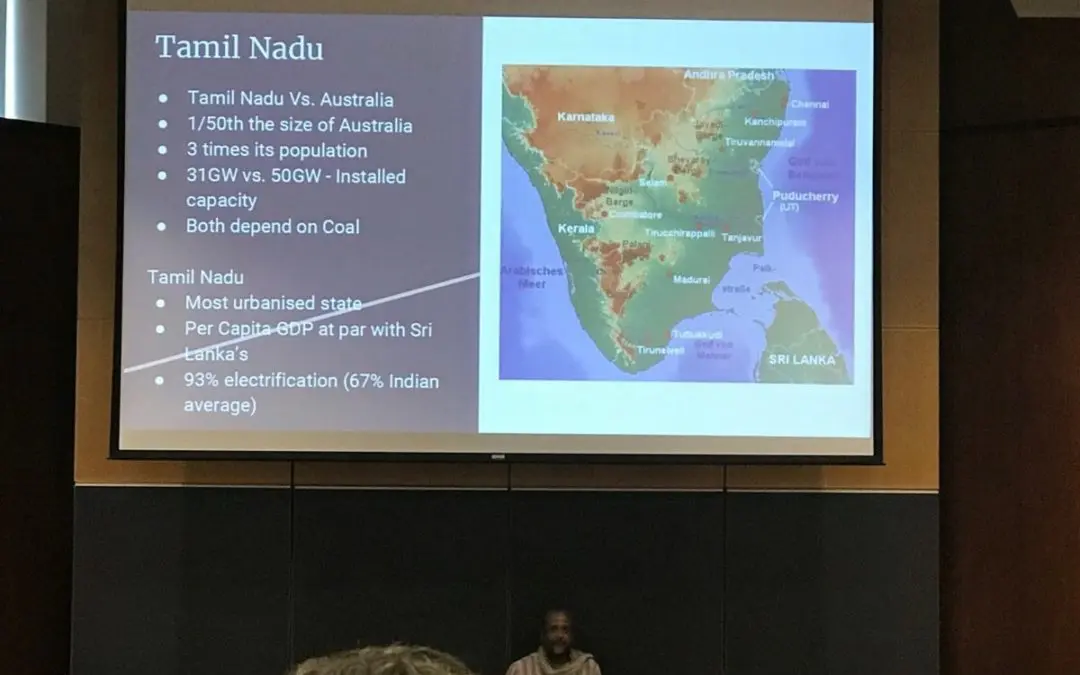The NAACP Environmental and Climate Justice (ECJ) Program team attended the Institute for Energy Economics (IEEFA) Energy Finance Training in March, which brought together attorneys and environmental advocates from all parts of the world. The training spoke to the global outlook on the energy economy while creating space for issues here in the U.S. Representatives from organizations such as El Puente, Environmental Defense Fund, Solar United Neighbors and many more, presented their findings on recent trends and developments. One of the first panelists gave an overview of China’s coal economy and explored who would be China’s future renewable energy sponsors. Another panelist delved into a case study on Tamil Nadu, India and the country’s electricity sector transformation.
Turning to the U.S., some huge financial energy challenges were brought to the table during the two day training. The biggest challenge is the decline in coal use. Although no new plants are being built, there are still debates on the most efficient way to formally retire the existing ones. This brings into the question of where displaced workers will go, the demographics of those workers, as well as the financial extraction of lenders/investors in this industry. Our NAACP ECJ Program’s report, Coal Blooded: Putting Profits Before People, discusses this issue and ways to phase out coal in a way that is a just transition.
The conference even explored the effects of Hurricane Maria in Puerto Rico, where even now, the island’s electricity infrastructure remains precarious. A representative from the organization Cambio PR explained that renewable energy is most cost effective for Puerto Rico especially within this recovery period. El Puente explained their efforts to distribute solar powered lanterns throughout the island. For many on the island, being in possession of such a product was extraordinary. Looking at the discriminatory ways in which aid relief was distributed between Texas and Puerto Rico, we can see just how intentional and inclusive the just transition to clean energy needs to be.
For more information on how you can participate in energy democracy and energy justice, check out our NAACP ECJ Program resource, Just Energy Policies and Practices Action Toolkit.



